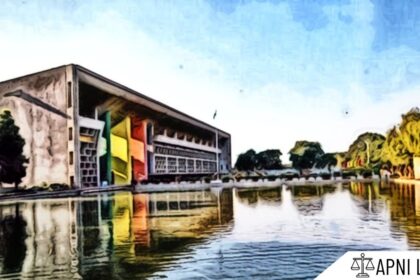Code: Section 37 – The Specific Relief Act, 1963
(1) Temporary injunctions are such as are to continue until a specific time, or until the further order of the court, and they may be granted at any stage of a suit, and are regulated by the Code of Civil Procedure, 1908 (5 of 1908).
(2) A perpetual injunction can only be granted by the decree made at the hearing and upon the merits of the suit; the defendant is thereby perpetually enjoined from the assertion of a right, or from the commission of an act, which would be contrary to the rights of the plaintiff.
Explanation of Section 37 – Temporary and Perpetual Injunctions
Section 37 of the Specific Relief Act explains two kinds of court orders that stop someone from doing something harmful—temporary and perpetual injunctions.
A temporary injunction is granted while a case is still being decided. It helps prevent harm until the court delivers a final judgment. Courts use the Code of Civil Procedure, 1908 to decide how and when to issue these orders.
On the other hand, a perpetual injunction is granted only after a full hearing. The court gives this order in the final judgment. It stops the defendant permanently from doing something that violates the plaintiff’s rights.
These two types of injunctions serve different purposes. One is short-term and based on urgent need; the other is long-term and based on the case’s final outcome.
Illustration
Example 1: Temporary Injunction During a Property Dispute
Two siblings argue over ownership of family property. One tries to sell it during the case. The other applies for a temporary injunction to stop the sale until the court decides who owns it.
Example 2: Perpetual Injunction Against Trademark Infringement
A business uses a logo similar to a well-known brand. After hearing the full case, the court finds this action illegal. It grants a perpetual injunction that permanently bans the business from using that logo.
Common Questions and Answers on Section 37 – Specific Relief Act
1. What is a temporary injunction?
It is a short-term court order that prevents harm during a case. The court grants it to protect the rights of a person until the final judgment.
2. What is a perpetual injunction?
It is a permanent order given after the court has heard the full case. It stops a person from acting against the legal rights of someone else.
3. Who decides how a temporary injunction is granted?
The Code of Civil Procedure, 1908 guides the court on how to issue a temporary injunction. Specifically, Order 39, Rules 1 and 2 apply.
4. Can you challenge a temporary injunction?
Yes. If you disagree with the court’s decision, you can file an appeal or request to change the order.
5. When can a perpetual injunction be issued?
The court grants it only after reviewing all the facts and evidence in a full hearing. The person requesting it must show that monetary compensation is not enough.
Conclusion
Section 37 of the Specific Relief Act clearly defines when courts may issue temporary and permanent injunctions. Temporary injunctions help avoid damage during a case, while perpetual injunctions provide long-term protection. Both are important legal tools. They help ensure fairness and protect people’s rights.
For more easy-to-understand legal articles, visit ApniLaw.









